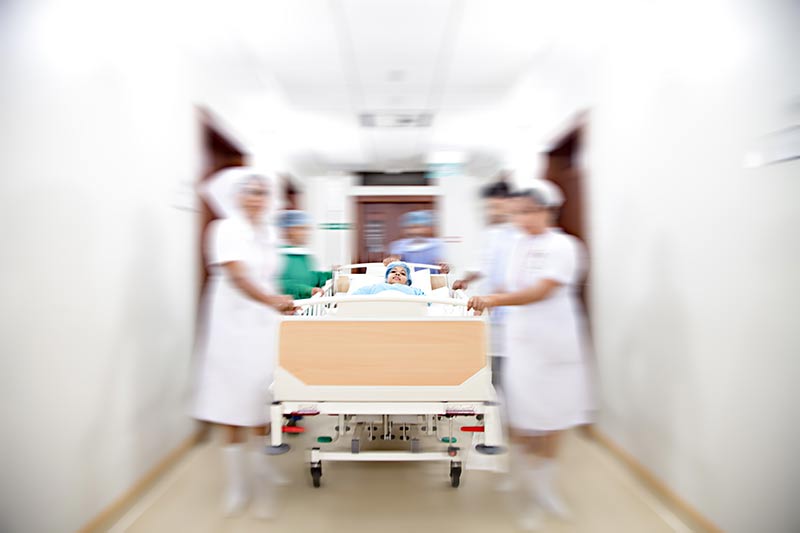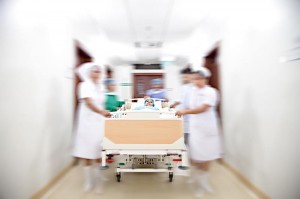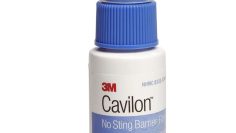
Efficient Management of Acute Stroke at Durdans Hospital
Streamlined Protocols and Most Advanced Bi Plane Catheterisation Laboratory in South Asia Make Way
Stroke can affect anyone; male or female, of any race. It is important to know the signs and symptoms of stroke so that medical attention and treatment can be given as soon as possible. Some of the common symptoms of stroke include:
• Sudden numbness or weakness of the face, arm or leg – especially on one side of the body
• Sudden confusion, trouble in speaking or understanding
• Sudden difficulty seeing in one or both eyes
• Sudden difficulty walking, dizziness, loss of balance or coordination
• Sudden severe headache with no known cause
It is extremely important for anyone experiencing any of these symptoms to seek medical attention immediately. Durdans Hospital provides high priority ambulance service with well-trained medical staff. They send stroke alert to the emergency department about incoming acute stroke patient, which helps to reduce the delay in admission and improve acute stroke management.
On arrival, our emergency team evaluates the type of stroke and if the patient is a candidate for clot busting drug, an injection of tissue plasminogen activator (tPA) also called Alteplase, which is the gold standard treatment for acute ischemic stroke, is given within 3 hours to restore the blood flow by dissolving the clot causing the stroke.
In special circumstances, endovascular treatment can be performed, in which procedures are done directly inside the blocked vessel to dissolve or remove the clot. Durdans stroke center is equipped with most advanced biplane catheterisation system which plays a major role in the endovascular management of acute stroke.
New interventional tools built into the biplane such as VasoCT and AneurysmFlow are the first in South Asia. VasoCT will enable interventionists to see detailed images of soft tissues and blood vessels. AneurysmFlow can enhance decision-making. Live imaging offers high safety for brain surgery that demands superior diagnosis and greater use of minimally invasive techniques, as brain vessels are highly complex.
Call us on 1344 Helpline or (011)214 0000 for any stroke emergencies






